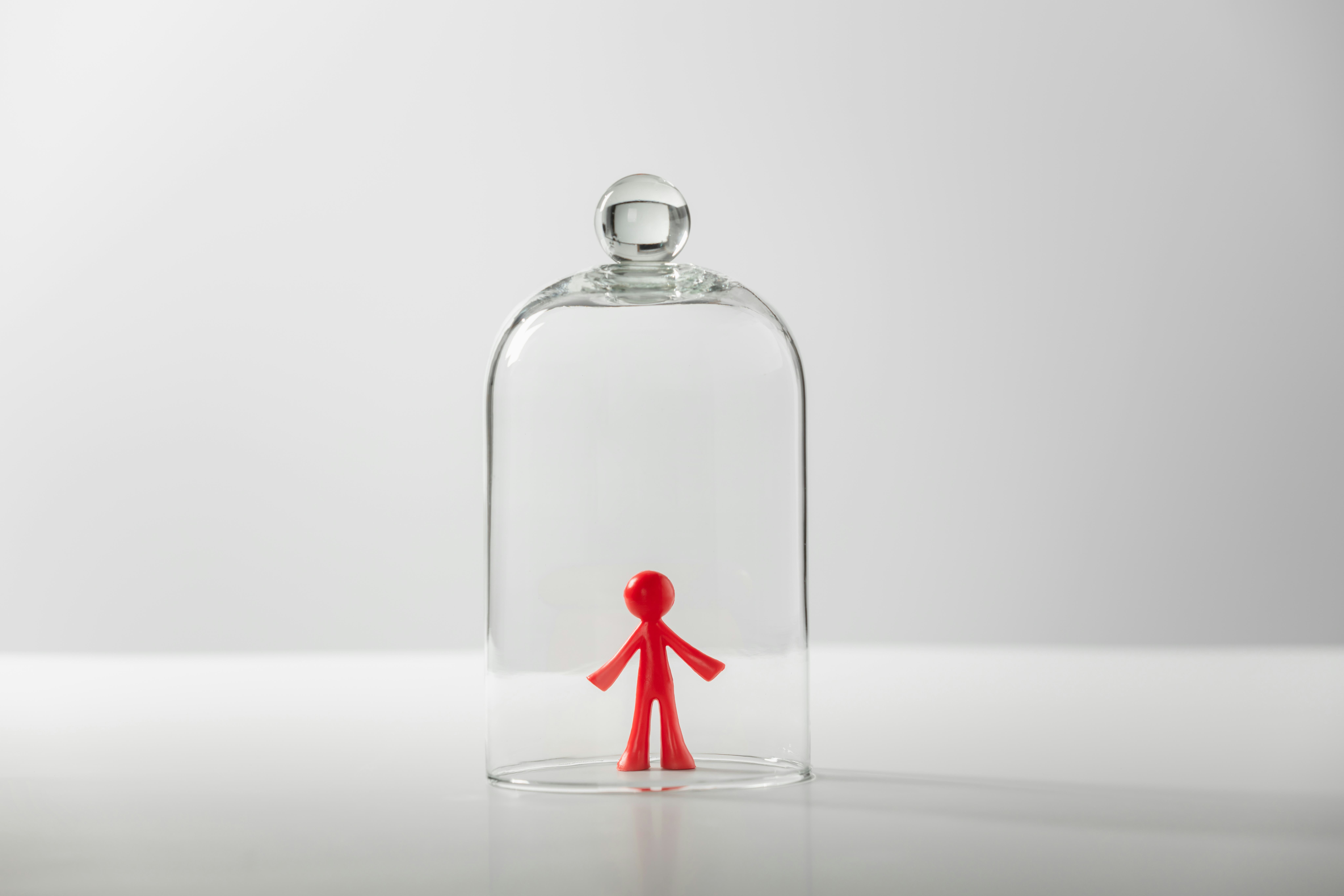
If social situations bring on feelings of overwhelming stress, discomfort, and self-consciousness, you’re not alone. Around 15 million adults in the U.S. have social anxiety, a common disorder marked by fear you might be judged or criticized when interacting with other people, whether it's answering a question in class or shopping at the grocery store.
While social anxiety often pops up during childhood, the exact biological and environmental factors that predispose someone to this condition are still not fully understood. However, some new research suggests the gut microbiome might be involved.
According to a study published this week in the journal Proceedings of the National Academy of Sciences, people with social anxiety disorder have a unique melange of gut microbes that, when transplanted into the guts of mice, resulted in the rodents being more socially fearful than other mice who didn’t get the fecal microbiome transplant.
These findings align with emerging research indicating that the microbiome can communicate and influence the brain through the gut-brain axis. This complex interplay seems to underlie other mental health conditions like depression and bipolar disorders, opening up the possibility that tweaking the microbial composition of the gut could be a new avenue for targeted therapies for these conditions — whether with diet, specialized probiotics, or fecal microbiota transplants.
For their study, researchers at University College Cork in Ireland gathered poop samples from 12 human donors, six individuals had social anxiety disorder, and the other six didn’t. None of the individuals were on any psychiatric medications or supplements that could alter their microbiomes.
Once the researchers did a DNA analysis to confirm that there were considerable microbial differences between the SAD group compared to the control, these samples were transplanted into 72 male mice.
The mice were then put through a ringer of different tests assessing their social behavior and anxiety. The mice with the gut microbes from the group of people with social anxiety disorder didn’t behave any differently than their counterparts with gut microbes from people without the condition. However, there was one test where the two groups differed.
To assess social fear, the researchers shocked the mice with small bursts of electricity when the animals were being introduced to a new mouse. Some days following that interaction, the mice were then introduced to another new mouse. Those animals with the healthy microbiome were unbothered by the conditioning intended with the electric shocks, socializing just fine with their new buddy. The mice with social anxiety disorder microbes, on the other hand, never recovered, remaining fearful of any newcomers.
Delving deeper into the gut-brain connection, the researchers saw that levels of certain hormones that affect the brain, like oxytocin, which promotes social behavior, were lower in the mice with the microbes from those with social anxiety disorder. Genes associated with oxytocin and another hormone involved in social behavior, vasopressin, weren’t as active compared to the mice with healthy donor microbiomes.
The immune system in mice with the microbes from those with social anxiety disorder was also distinct, with changes that seemed to promote inflammation. Previous studies have found that the immune system does play a role in shaping our social behavior.
While this research is still preliminary, it emphasizes how important our gut microbes are to our overall health.







